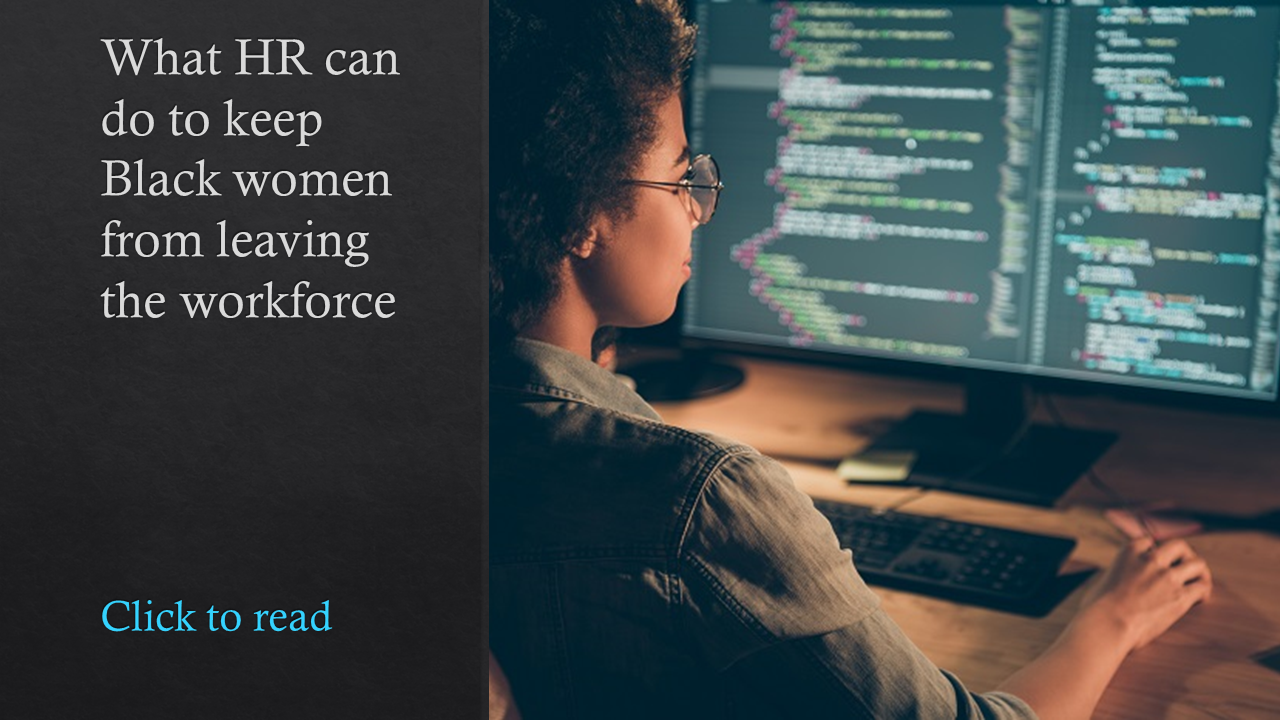Women facing obstacles as they return to the workforce after a hiatus—especially those seeking technology jobs—is not just a COVID-19 phenomenon.
Case in point: Telecoms giant T-Mobile’s TechX Returnship, which connects female professionals with tech-centric resumes with a six-month, full-time, paid, return-to-work program. T-Mobile, piloted the program between November 2019 and May 2020, right when HR leaders and employers were grappling with the start of the pandemic, and an estimated 2 million women left the workforce to, among other reasons, care for loved ones.
With the help of reacHIRE, a tech solution provider that aims to help women with tech backgrounds return to work with the proper skills and updated resumes, T-Mobile’s program offers skills training and mentorships to women returning to the workforce, for technology-focused and other positions.
“Our main goal was to help women return to work after a career break with the overarching goal of diversity and inclusion and a focus on the gender gap in technology roles. We also were looking to provide support,” says Lindsay Gunderson, senior manager of early career recruiting at T-Mobile.
Gunderson says the company started with six “cohorts,” what reacHIRE calls the participants who signed up and were accepted into the T-Mobile pilot program three years ago, and has since brought 50 people back into the workforce.
“It took a lot of planning and partnerships across teams and reacHIRE made it easy with the outlined structure of their program and their networks of people looking to return to work that they had already built,” says Gunderson.
reacHIRE has been helping women return to work for the past decade and counts Wayfair, Fidelity, Boston Scientific and data platform provider Inmar as clients. One thing that these disparate companies have in common, according to reacHIRE, is a dedication to hiring women with technology experience into technology roles that are notoriously difficult to fill.
“We work with [employers] in identifying roles for women to come back into, finding those women, coaching them and getting them ready, and then actually having them come back to work for the six-month program,” says Addie Swartz, CEO of reacHIRE.
“We [focus on] training, reskilling, refreshing skills and identifying great talent,” says Swartz. “We’ve brought hundreds and hundreds of women back into the workforce and we really know how to do that, even if somebody’s had a two-year break to a 20-year break.”
reacHIRE is centered around Aurora, its mobile app that acts as a professional development platform. It offers three core elements: training and skilling content in short videos and exercises; advice from experienced executives and mentors; and peer-based activities and tools to build connections for networking.
Swartz says that while potential candidates can use Aurora on their smartphones from home, this is not a solitary program. She says reacHIRE clients typically respond positively to its “batch” approach in which the client company onboards and trains in groups from six to 50 people per return-to-work program. “A few weeks ago, we brought back 40-plus people across four divisions such as tech, finance, project management, program management, etc.,” she says.
According to Gunderson, Aurora’s in-depth onboarding features and professional development tools are “a must to help grow confidence and comfort throughout the returnship program.” She adds, “It allows them to brush up on soft skills and get refreshers on things like Outlook, Excel and other internal tools they may have not used before, like Slack.”
The emphasis on refreshing older skills and acquiring new ones is also a focus of the Aurora solution. The cohorts are not fresh college graduates looking for their first full-time job, according to Swartz. “These are seasoned professionals who don’t have the latest and greatest technology skills based on the latest tools, but have an amazing background and amazing experience and are lifelong learners,” she says.
The 50 people—mostly women but some men—who were brought back to work through T-Mobile’s returnship program have mostly been in the telecom carrier’s technology fields, such as engineers, product owners, project managers and analysts. The second phase of the program included men who had retired from the military around the time of the pandemic and the subsequent lockdown.
 “We also expanded outside of technology in 2022 with roles in HR, finance and consumer markets. These are all mid-senior level roles as all participants have prior work experience,” says Gunderson.
“We also expanded outside of technology in 2022 with roles in HR, finance and consumer markets. These are all mid-senior level roles as all participants have prior work experience,” says Gunderson.
T-Mobile claims that 91.6% of the graduating class found full-time and extended-contract positions inside the company.
Return-to-work programs like this need to include a built-in support network that, when offered, can help new employees find lasting success, says Rebecca Wettemann, principal analyst for market research firm Valoir and an Top 100 HR Tech Influencer.
“These programs require a greater level of personalized onboarding and an ongoing cohort and support network for real engagement,” she says. “This is about giving new hires mentors and as well as a peer group that can help them be successful.”
With reacHIRE, Gunderson says, T-Mobile has learned the importance of providing training and aligning expectations among participating managers and mentors. This allows them to fully understand the program and the important role they play in the interview process and through the duration of the initiative.“It is also crucial to understand the importance of a cohort model, especially with this type of program,” says Gunderson. “It allows all of these people going through the same experience to connect, relate and support each other.”


